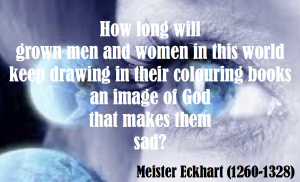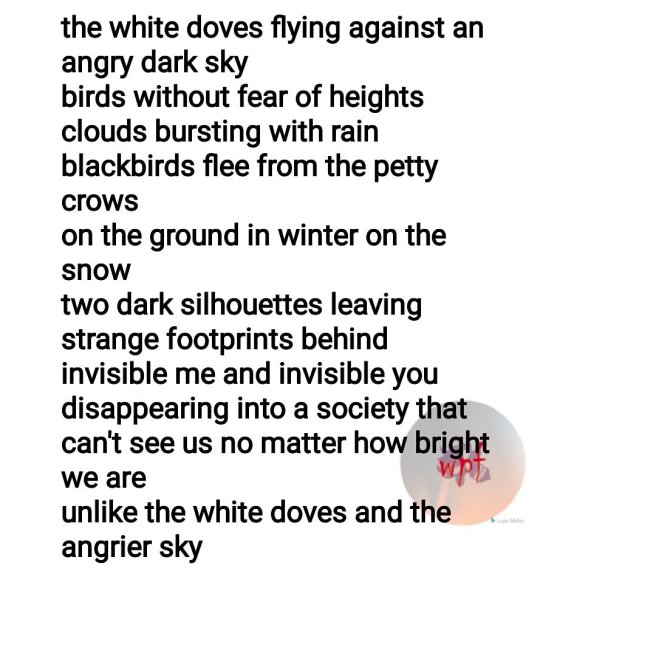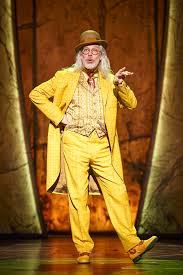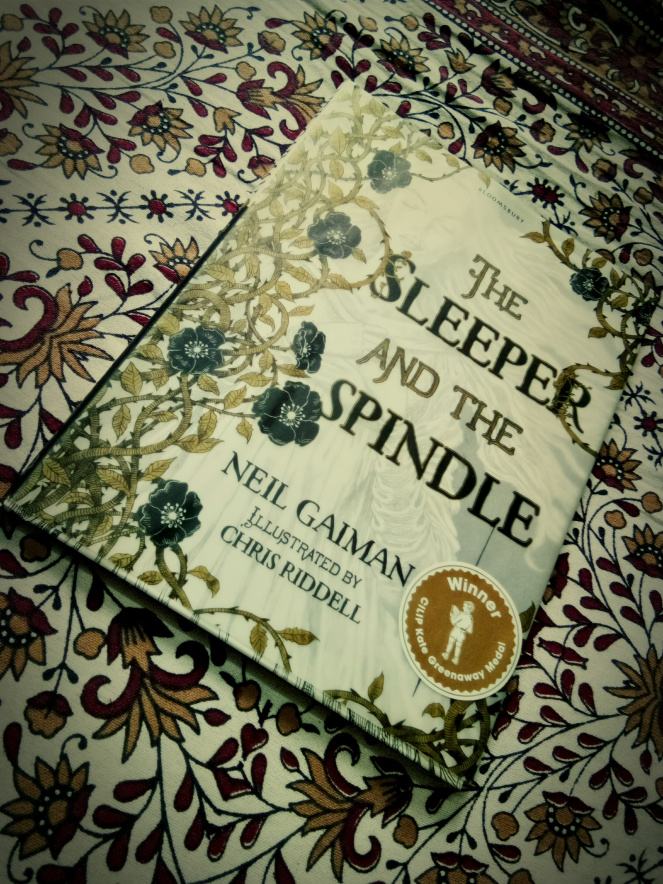 Most us us have heard the words from Matthew 5, known as the Beatitudes, so many times that we can recite them from memory. Indeed, the Beatitudes are at the very core of our Christian tradition. But there is a danger in our familiarity with these words because it allows us to distance ourselves from them as we relegate them to some idealized notion of some unattainable goal.
Most us us have heard the words from Matthew 5, known as the Beatitudes, so many times that we can recite them from memory. Indeed, the Beatitudes are at the very core of our Christian tradition. But there is a danger in our familiarity with these words because it allows us to distance ourselves from them as we relegate them to some idealized notion of some unattainable goal.
I have studied these words many times and I do not believe that Jesus intended these words to become a prescription for how to be a better Christian. So, I won’t be encouraging anyone to be poor in spirit, to mourn, or to be meek in the hope that they might gain the kindom of heaven, or be comforted, or inherit the earth. While hungering and thirsting for righteousness is in and of itself a good thing, along with being merciful, pure of heart, and peace-making, all of which I heartily encourage. However, these attributes or beatitudes are not a prescription for holiness or wholeness.
So, if Jesus wasn’t prescribing the beatitudes from atop the mountain, what was he doing? Well, there’s an old storytellers’ ploy that I’d suggest in order to better understand Jesus words. The ploy doesn’t have a name, but most of us are very familiar with the trick. It’s the one where you tell an unfamiliar story alongside of a very familiar story in the hope that the unfamiliar story will help to shed some new light on the words of the familiar story. The unfamiliar story is taken from Bryce Courtenay’s autobiographical novel “The Power of One.” * The Power of One was are into a movie about twenty years ago, so the story may be somewhat familiar.
The story begins in the late 1930s, when Bruce is just six years old. Bruce is an English boy living in South Africa. Bruce’s father has been killed by a rogue elephant and his mother has gone into a sanitarium after the killing of the boy’s father. The little boy ends up being raised by his Zulu nanny and because he is six years old and he should go to school,, she ships him off to boarding school. But the boarding school the boy finds himself in is a school for Boer boys, and the Boers and the English hate each other for reasons too long to go into here. Well, when he founds out that he is the only English boy in this Boer boarding school, he begins to have a bed-wetting problem. Night after night in his anxiety and fear, he wets his bed and it is not long before the other boys find out. The other boys are merciless about his bedwetting because they have to drag his mattress out in the morning and put it in the sun, and so the older Boer boys form a kind of “Kangaroo court” and at night they drag him out and they tie strips of rags around his eyes, and then they have a mock trial, with a mock verdict and a mock sentencing, and since the punishment must fit the crime, they make him crouch down on the ground, where they all urinate on the boy. This doesn’t happen once; it happens over and over again. Finally, when there is a break in the school year and the little boy goes home and he falls into the arms of his Zulu nanny, and he cries and he cries and he cries and her cries and he tells her these terrible things that are happening to him at this boarding school. His nanny tells him to hush, that she will put the word out so that the great medicine man Inkosi Indosikazi will come and with one shake of the bleached bones of an ox, he will cure this boy of the terrible problem of his “nightwater.”
Well, the boy waits patiently, and four days later there comes down the dirt road of their farm the larges black Buick that the boy has ever seen and out of the black Buick steps the oldest man the boy has ever seen, clad only in a loin-cloth and with a rug tucked under his arm. The old man walks over to a tree; he puts the rug down. He sits down on the rug. The farm hands have all gathered around in hushed silence at the great medicine mans feet. The old man looks up and he sees the boy and he says, “Boy, come here Boy!” So the boy sits down on the rug next to the medicine man, and then the medicine man looks up at the farm hands and says, “Bring me five chickens!” So they bring him five chickens and the medicine man takes the first chicken and he grabs it upside the head and he tips it upside-down, and he draws a circle in the dust with the chicken. Then he sticks the beak of the chicken in the middle of the circle and the chicken falls dead asleep. Five times the medicine man does this with five chickens. Then he goes back and he sits down on the rug next to the small boy, and leans over to him for the first time and says, “You see these people here? They think this is magic. It is not magic; it is a trick, and I will show you how to do it.” Then the medicine man looked up at the people and said, “Take these five chickens. Kill them, pluck them, cook them, we will eat them tonight.” The mesmerized farmhands leave with the five chickens. The medicine man leans down a second time to the small boy and says, “Before I teach you the trick with the chickens, there is this unfortunate business of the nightwater.”
Well, the boy’s heart began to sink, but before it could sink too fast the medicine man said, “Close your eyes,” So the boy closed his eyes and the medicine man said, “It is night. The moon of Africa is bright. You are standing on a ledge. Beneath you there are three waterfalls. The first one plunges into a pool; It sweeps over that pool, Plunges into a second pool: It sweeps over that down and plunges into a lake and on the lake there are ten black rocks leading to a beach of whit sand. Do you see it?”
The boy nodded that he did see it, and the medicine man said, “Then hear it!” And there rushed through the boy the sound of water. There was water in his mind and water in his body and water in his heart. There was water on both sides of him. There was water underneath him, water above him and in the thunder and crash of the water that was everywhere came the voice of Inkosi Inkosikazi, the medicine man and it said to the boy, “You are a young warrior. You stand on the ledge above the waterfalls of the night. You have just killed your first lion. You wear a skirt of lion-tails. You are worthy to be in the honour guard of Shaka himself. Now here’s what you must do, my little warrior. You must dive, and when you hit the first pool you will go to the bottom and you will count “3-2-1” on the way up and you will be swept over that pool. You will go to the second pool: you will go to the bottom. You will count “3-2-1” on the way up. You will be swept over into the lake. You will jump on the first black rock and you will count “10-9-8-7-6-5-4-3-2-1” to the beach of white sand. Do you understand?”
The boy nodded that he did. The medicine man said, “Then, my little warrior, dive!” and in the imagination of his heart, the boy left the ledge. He hit the first pool, 3-2-1, He was swept over into the second pool, 3-2-1. Then hew was swept over into the lake, “10-9-8-7-6-5-4-3-2-1” Until he lay exhausted on the beach of white sand, with the thunder and crash of the water inside him and outside him. Once again, the voice of the medicine man returned. It said, “You have crossed the nightwater. There is nothing more to be feared. If ever you need me, come to the ledge above the waterfalls of the night, and I will be there.” Then the medicine man leaned down to the boy and said, “Open your eyes!” The boy opened his eyes and the medicine man said, “Now, the trick with the chickens.”
The little boy went back to school. He never again wet his bed, but that didn’t stop them. They were Boers; he was English. Night after night they’d drag him out, but they never could make him cry. For when they tied the dirty strips of rags around his eyes he would take three deep breaths, and there he was on the ledge above the waterfalls of the night, the voice of Inkosi Inkosikazi in his ears. It said, “You are a young warrior. You’ve just killed your first lion. You wear a skirt of lion-tials. You are worthy to be in the honour guard of Shaka himself.” It was then he knew that it was his outer-shell that was to be pushed and provoked but inside was his real self, where his tears joined the tears of all the sad peoples of all the earth, to form the three waterfalls of the night. This is only the beginning of Bruce’s story. The young boy finds that he is more than the things that oppress him. He finds a space within himself that is transcendent and powerful.
To me this story is reminiscent of how Jesus addressed the crowds in what has become known as the sermon on the mount. The Gospel writer tells us that when Jesus saw the crowds he went up onto the mountain, and his disciples drew close and he sat down and began to teach them. How would Jesus teach them? Would he tell them that in the past there was a great tradition that they had lost sight of, a covenant that they must return to? Would he say that in the future, like John the Baptist had said, there was someone coming with a winnowing fork to hit the threshing floor and split the wheat fro the chaff, or someone coming with a torch to burn the earth, or someone coming with an ax to chop the tree? Would he tell them to return to the past. Would he tell them to fear the future? No, Jesus just looked at them, the crowds, everybody, and he just said to them, “Blessed are you,” and he said it to each of them, “You are the salt of the earth, and you are the light of the world.” Jesus looked at them right in the present moment. But he saw more than this blessedness of salt and light. Jesus saw people in trouble, people who were in trouble but didn’t know that they were more than they knew, people who didn’t know that they were a blessedness, a salt, a light, people who didn’t know there was a space of ledges able the waterfalls of the night in each person. There were poor in spirit. They lacked zest and passion. They had lost the energy to live, and yet he told them that there was still a blessedness in them. That if they tapped into that blessedness, they could find it again and out of their poverty of spirit they would come into a richness of spirit known as the kin-dom of heaven.
Jesus saw that they were mourning and he said still there’s a blessedness in you even when you’re mourning and when you’re grieving. Even though we may be grieving and often times feels that grief is the whole of who we are, when Jesus saw people in grief, he saw that there was still in them a deeper blessedness that they could tap into, and from that deeper blessedness they could find a space where comfort would come. Sometimes Jesus saw people who were too meek; who lacked assertiveness in life. But even then there was a blessedness that was there that would teach them a way beyond meekness into inheriting the earth. Looking through the eyes of Jesus, we can begin to see beyond our self-proclaimed weaknesses.
Christ-like vision can move things in us that we miss in ourselves. So many things attack us and pull us down. We are many things; we are a series of roles. We are a psychological history. We are a body that may be giving us pleasure, or may be giving us a lot of pain. We find ourselves in the throes of a weak spirit or of mourning. We find ourselves no longer being salt. We find ourselves a light that has gone out and we lose hope and we lose confidence. Our wounds begin to define us. But using Christ-like vision, we can see that there is something deeper—a light that can be rekindled, a salt that will not lose it flavour, a blessedness that has the power to push into every negative situation and bring about newness, possibility, a way beyond the wounds.
We are so many different things. Sometimes we have to consult the vision of someone who is not us, Someone who sees deeply into our lives and can tell us truths that maybe we have forgotten. The Gospels tell us that Zacchaeus, the little man in the tall tree, Zacchaeus learned to see and to love in himself what Jesus saw and loved in him. And that Peter learned to see in himself what Jesus saw and loved in Peter, And Mary Magdalene learned to see and love in herself what Jesus saw and loved in Mary. Perhaps we should do the same thing, because we are more than we know, a blessedness, a salt, a light.
It is this Christ-like vision that is all too often absent from the church. It’s time to put away childish things. We’ve been fixated on an image of God that we created generations ago. We have created a vengeful, vindictive, violent god who gives us rules and regulations to live by that force us to deny our humanity. Its as if we looked into the deepest, darkest worst part of ourselves and projected all our worst stuff onto our image of God and yet over and over again, Jesus’ teaching reveals God to us and low and behold the Christ-like vision of God is full of love and grace. It’s time for us to once and for all stop worshiping the idol we have created and see through the eyes of Christ to God who is love.
We need to stop worshiping the vengeful, vindictive, violent idol we call God. We can begin to see the God who is love when we do justice and love kindness. It’s time for the church to put away its childish ways, and to finally see through the eyes of Christ so that together we can truly celebrate the diversity of God’s creation. It’s time for us to see the blessedness in each us. A blessedness that is diverse and wonderful. It’s time for us to offer all people a vision of who they are created to be. It’s time for the church to get serious about calling the members of the Body of Christ to be all that God created us to be. For each one of us is more than we know.
I am convinced, dear sisters and brothers, that looking through the eyes of Christ  we shall see that each one of us is a ledge above the waterfalls of the night. Blessed are you! For God is the source of our life, so let us worship God by living. God is the source of love, so let us worship god by loving. God is the ground of being, so let us worship God by having the courage To be more fully human; in all our varied and diverse ways of being human, for it is in being fully human that we embody Christ and when we have the courage to be Christ’s for one another, we can do justice, love kindness and walk humbly with our God. Blessed are you. Blessed to be a blessing.
we shall see that each one of us is a ledge above the waterfalls of the night. Blessed are you! For God is the source of our life, so let us worship God by living. God is the source of love, so let us worship god by loving. God is the ground of being, so let us worship God by having the courage To be more fully human; in all our varied and diverse ways of being human, for it is in being fully human that we embody Christ and when we have the courage to be Christ’s for one another, we can do justice, love kindness and walk humbly with our God. Blessed are you. Blessed to be a blessing.
* I stumbled on this by accident while searching for a sermon. While reading a long-since forgotten commentary a book entitled “The Power of One” was mentioned. I just happened to have a copy of a book entitled the Power of One on my shelf. Little did I know, that there are several books bearing this title and my book was not the one referred to in the commentary. That’s how I ended up scouring Bryce Courtenay’s autobiographical novel The Power of One seeking light to shine on the Beatitudes. The art of sermonizing is a precarious one. I suspect that I’m not the first preacher to make this connection, but I may be the first to arrive at the connection by making such a wrong turn. I may never know what light I may have missed had I travelled a different route.
Share this:





